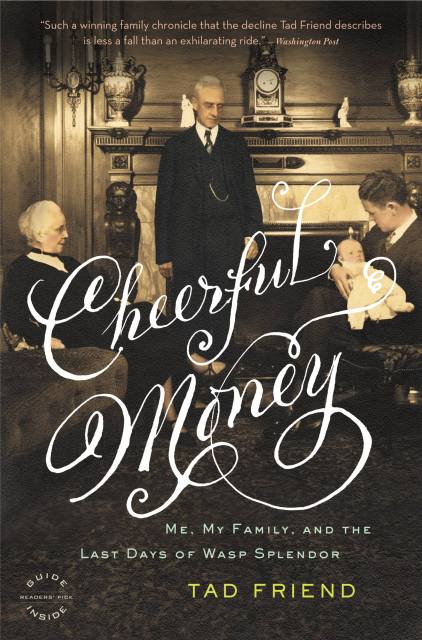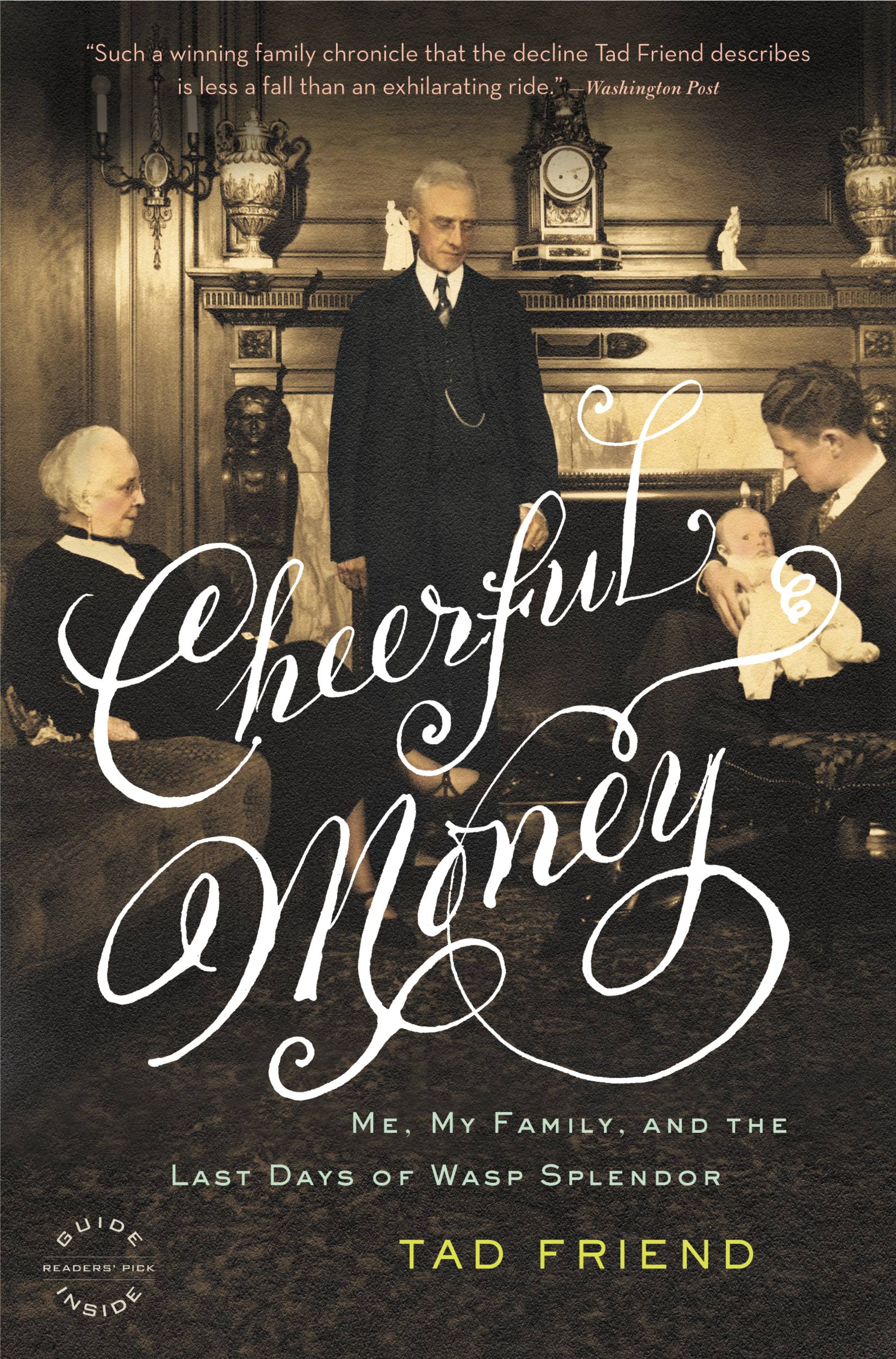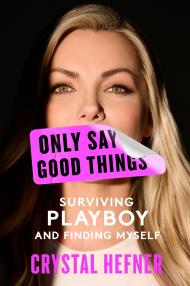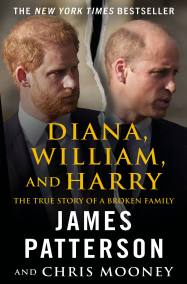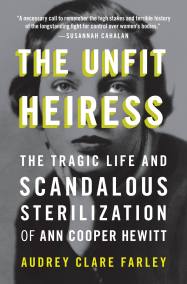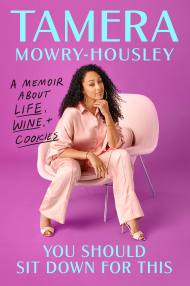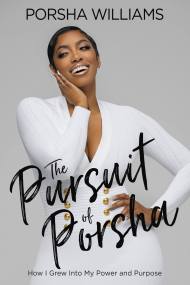Promotion
Use code MOM24 for 20% off site wide + free shipping over $45
Cheerful Money
Me, My Family, and the Last Days of Wasp Splendor
Contributors
By Tad Friend
Formats and Prices
Price
$6.99Price
$8.99 CADFormat
Format:
- ebook $6.99 $8.99 CAD
- Trade Paperback $24.99 $31.99 CAD
This item is a preorder. Your payment method will be charged immediately, and the product is expected to ship on or around September 21, 2009. This date is subject to change due to shipping delays beyond our control.
Also available from:
From longtime New Yorker writer and author of In the Early Times, Tad Friend's "side-splittingly funny" Cheerful Money is both a gorgeously written family memoir and a sharp cultural study of the decline of the American WASP (Mary Karr).
Tad Friend's family is nothing if not illustrious: his father was president of College, and at Smith his mother came in second in a poetry contest judged by W.H. Auden — to Sylvia Plath. For centuries, Wasps like his ancestors dominated American life. But then, in the '60s, their fortunes began to fall.
As a young man, Tad noticed that his family tree, for all its glories, was full of alcoholics, depressives, and reckless eccentrics. Yet his identity had already been shaped by the family's age-old traditions and expectations.
Part memoir, part family history, and part cultural study of the long swoon of the American Wasp, Cheerful Money is a captivating examination of a cultural crack-up and a man trying to escape its wreckage.
Tad Friend's family is nothing if not illustrious: his father was president of College, and at Smith his mother came in second in a poetry contest judged by W.H. Auden — to Sylvia Plath. For centuries, Wasps like his ancestors dominated American life. But then, in the '60s, their fortunes began to fall.
As a young man, Tad noticed that his family tree, for all its glories, was full of alcoholics, depressives, and reckless eccentrics. Yet his identity had already been shaped by the family's age-old traditions and expectations.
Part memoir, part family history, and part cultural study of the long swoon of the American Wasp, Cheerful Money is a captivating examination of a cultural crack-up and a man trying to escape its wreckage.
Genre:
- On Sale
- Sep 21, 2009
- Page Count
- 384 pages
- Publisher
- Little, Brown and Company
- ISBN-13
- 9780316071444
Newsletter Signup
By clicking ‘Sign Up,’ I acknowledge that I have read and agree to Hachette Book Group’s Privacy Policy and Terms of Use
